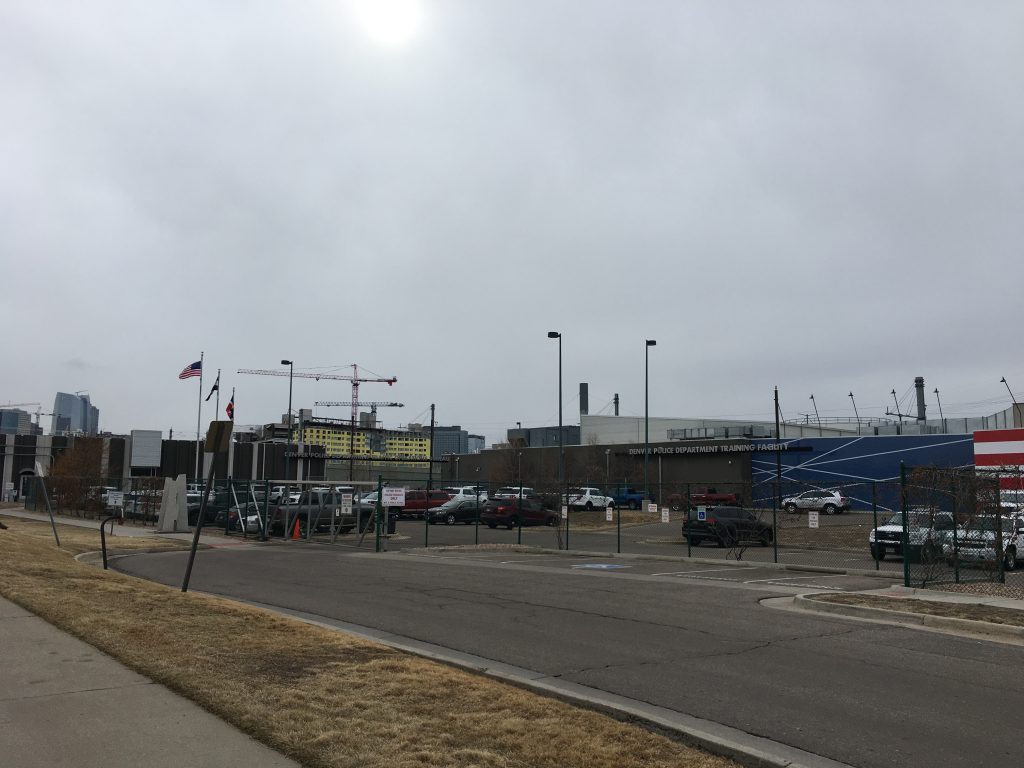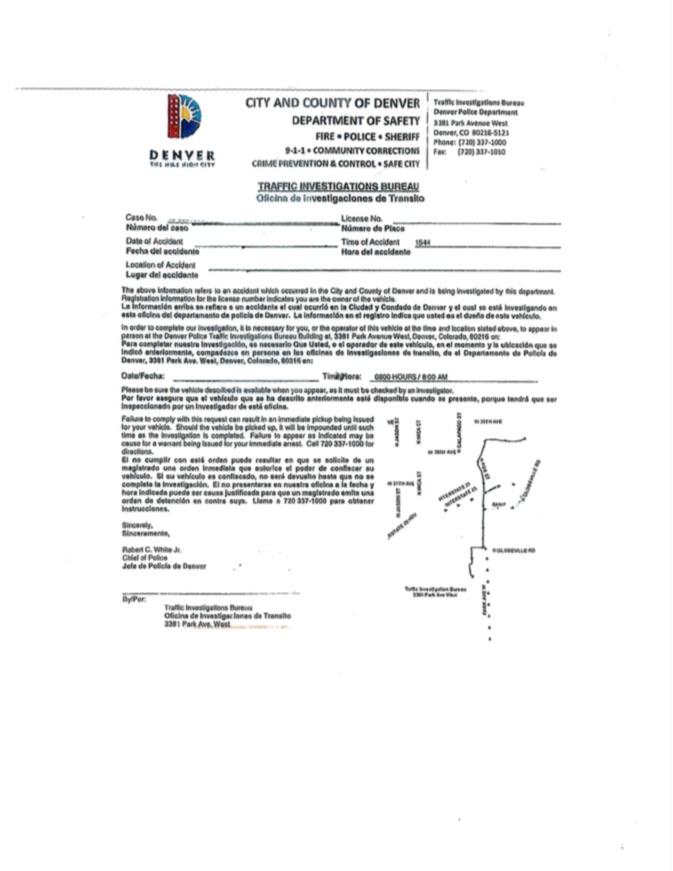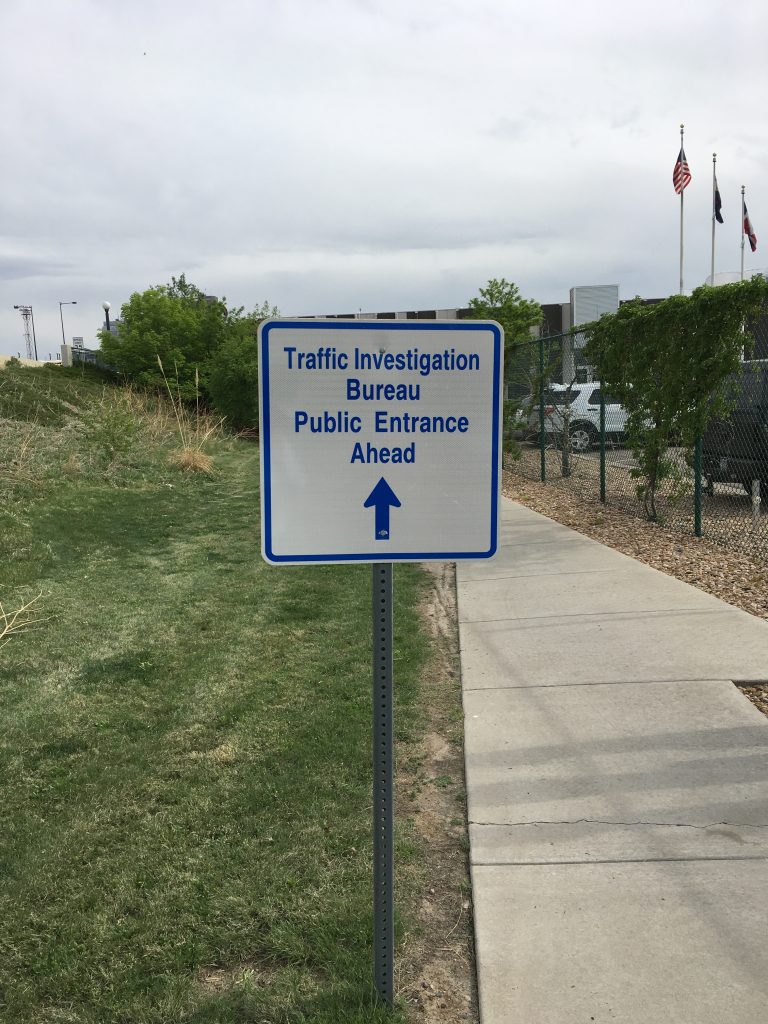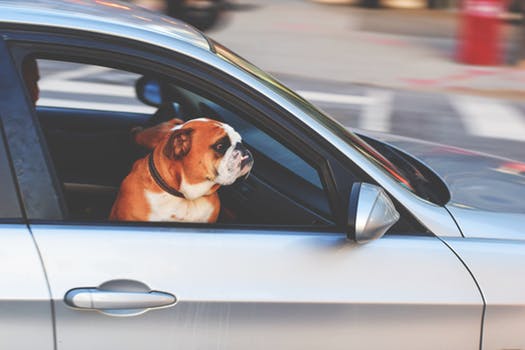 The Denver Police Department investigates thousands of hit and run cases annually, with an average of 446 hit and run investigations per month. Hit and Run charges are serious offenses and should not to be taken lightly. The police often charge multiple counts of hit and run in a single case and each hit and run charge carries the possibility of jail time and the suspension of a driver’s license. The Denver Police Department has a specific division dedicated to handling hit and run charges. This division is the Denver Police Department Traffic Investigations Unit located at 3381 Park Avenue West in Denver.
The Denver Police Department investigates thousands of hit and run cases annually, with an average of 446 hit and run investigations per month. Hit and Run charges are serious offenses and should not to be taken lightly. The police often charge multiple counts of hit and run in a single case and each hit and run charge carries the possibility of jail time and the suspension of a driver’s license. The Denver Police Department has a specific division dedicated to handling hit and run charges. This division is the Denver Police Department Traffic Investigations Unit located at 3381 Park Avenue West in Denver.
The Traffic Investigations Unit aggressively investigates hit and run cases and uses varying techniques to identify suspected hit and run drivers. One of these techniques utilizes information from body shops, whereby certain body shops partner with the Denver Police Department to receive alerts about suspected vehicles involved in hit and run accidents. The body shop may then contact the Traffic Investigations Unit to report that an alerted vehicle is at the body shop for repairs. Another technique involves sending a seemingly innocent template letter to an owner of a suspected hit and run vehicle, whereby the owner (or driver of the vehicle at the time of the accident) is invited to the police department for a “vehicle inspection”. Make no mistake about it, this vehicle inspection is in reality a stage of the process in a criminal investigation.
There are several hit and run crimes which may be charged in a single case. Whenever a driver is involved in an accident, she has a duty under the law to give her name, address, registration of the vehicle driven, and to show her driver’s license upon request to the other person involved. Further, she has an obligation to give reasonable assistance to any person injured (including carrying or making arrangements for the carrying of the person to a medical facility if requested by the person or if it is apparent that medical treatment is necessary). In addition to providing the required information and assistance, a driver is required to immediately report the accident to the police. If a driver violates any of these provisions, she may be charged with failing to comply with the duty to give notice, information, and aid in an accident, a Class 2 Misdemeanor Traffic Offense, and a 12-point driver’s license offense. Because a driver 21 years of age and older will be suspended if she accumulates 12 points in a 12 month period, a conviction for any hit and run charge will absolutely suspend a driver’s license.
If only property damage occurs and no injuries are involved in the accident, a driver must immediately stop his vehicle at the scene of the accident (or as close to the accident scene as possible and immediately return to) and remain at the scene of the accident. In addition to remaining at the scene, the driver must comply with providing notice, information, and aid and to report the accident to the police. If the driver does not do this, he may be charged with failing to comply with his duty in an accident involving damage. This offense is also a Class 2 Misdemeanor Traffic Offense and 12 points.
Under Colorado law, drivers have a duty to immediately report accidents to the police regardless of how minor the accident may be or if no one is injured. This duty includes giving notice of the location of the accident, the name of the driver, the driver’s address, the registration number of the vehicle, and driver’s license information. Upon reporting the accident and providing the necessary information, the driver must remain on scene of the accident when directed to until the police have arrived on scene and completed their investigation. If a driver violates this law, he will often be charged with failing to comply with the duty to report accidents, a Class 2 Misdemeanor Traffic Offense, and 12 points. The penalty for a Class 2 Misdemeanor Traffic Offense is 10 days to 90 days in jail and a fine of $150 to $300.
In addition to hit and run charges, the police will often assess fault in the accident by charging either careless driving or reckless driving. Careless driving in Colorado is a Class 2 Misdemeanor Traffic Offense and 4-points if no injury results. If injury results, careless driving is a Class 1 Misdemeanor Traffic Offense. Reckless Driving is a Class 2 Misdemeanor Traffic Offense and 8-points. In light of the police’s ability to stack numerous hit and run charges into a single case in addition to assessing fault through either reckless driving or careless driving, it’s easy to see how quickly one’s freedom and livelihood can be at stake, even if no injury resulted or if the accident was relatively minor. The penalty for a Class 1 Misdemeanor traffic offense is 10 days up to 1 year in jail.
If injury or death results in a hit and run accident, the stakes are much greater. If injury results from the accident, a driver may be charged with a Class 1 Misdemeanor Traffic Offense. “Injury” is defined as any impairment of physical or mental condition, physical pain, or illness. If Serious Bodily Injury results, a driver may be charged with a Class 4 Felony. Serious bodily injury is defined as an injury that occurs at the time of the actual injury (or at a later time) and involves a substantial risk of protracted loss or impairment of the function of any part or organ of the body, or breaks, fractures, or burns of the 2nd or 3rd degree, a substantial risk of death, or a substantial risk of serious permanent disfigurement. If death results, a driver may be charged with a Class 3 Felony. Further, all three of these offenses will result in the mandatory revocation of a driver’s license at DMV. The penalty for a Class 3 Felony is 4 to 12 years in prison and 5 years parole. A Class 4 Felony carries a penalty of 2 years up to 6 years in prison and 3 years of parole.
 Denver DUI Attorney Blog
Denver DUI Attorney Blog











